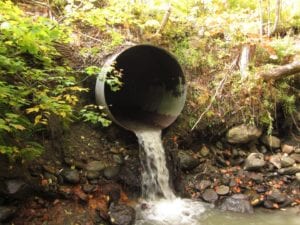 Reusing wastewater for industrial and irrigation-related applications helps save water at a crucial point in the water cycle
Chuene, clarifies that these expressions of interest are non-binding and will give the utility an indication of likely demand for the services as well as any other pertinent requirements. This will allow for improved planning towards the provision of treated wastewater.
“Once all expressions of interests have been received, the information will be collated and used within the Johannesburg Water’s master planning and investment delivery processes for future implementation according to available budgets. However, all substantial requests that warrant individual attention and those that are immediately bankable will be further discussed and elaborated on with individual companies or users as a matter of urgency,” she adds.
Consumer benefits
The benefits for consumers include a relatively more affordable and highly reliable alternative source of water that, in the absence of further treatment, is also rich in natural nutrients that may also reduce fertilizer requirements for irrigators.
For industrial consumers, the additional treatment to obtain high quality industrial water has been proven to be economically more viable while also being ecologically sound.
“All current users of treated effluent are also encouraged to reaffirm they interest and required quantities as all existing uses and contracts will be reviewed in the short- to medium-term,” says Chuene.
“This current expression of interest excludes individual households as this will be catered for in future years and only in localities where infrastructure has been installed,” she adds. |